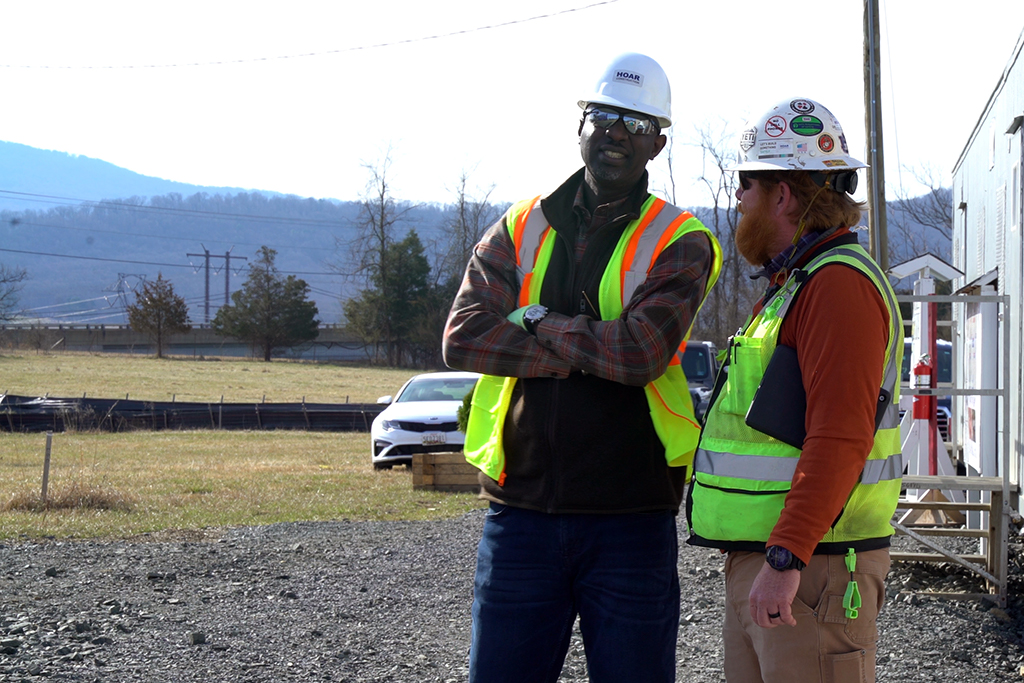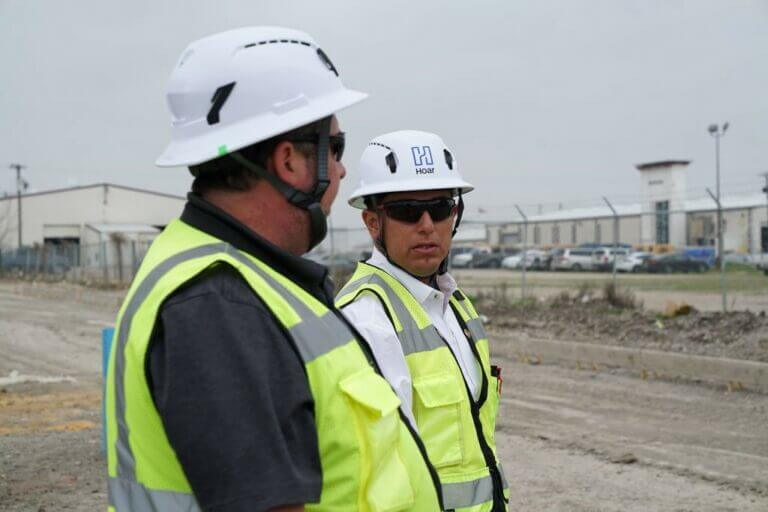
“People forget facts, but they remember stories.” Joseph Campbell
I’ve heard that quote a lot in my professional career, and I believe it’s true. There’s even research that suggests we are 22 times more likely to remember facts if they’re part of a story. If you’ve ever participated in presentation or public speaking training, you’ve probably been encouraged to open with a personal story or relatable anecdote. So, if stories are more likely to make an impact — why not use them as a tool to make positive changes in our industry?
The construction industry is all about facts and specifics. From Quality Control (QC) standards, such as ASTM, American Concrete Institute (ACI), International Building Code (IBC), etc. to safety regulations that must be strictly followed, to complex building processes that have to be learned and implemented perfectly. That’s why good general contractors have safety and quality programs to help train their teams and ensure proper processes are being followed on site. And how do builders communicate evolving safety regulations or important quality notes? We hold meetings. And send memos. We conduct training sessions. And send more emails. I know that if I send out a QC memo with basic information, some people will ignore the email completely. Of those that read it, they might remember some of the highlights. And the longer the email, the less likely it is to get read completely.
Stories Deliver
Here’s where I think stories can be powerful. Not just to help our project teams learn, evolve, and get better at what we do, but also to help deliver quality and value to our clients. It’s a pretty common practice in our industry to hold safety meetings and share safety moments. It’s our company’s policy to share one safety moment before every meeting — no matter what the meeting is about. The idea is that by sharing personal stories about how we eliminated hazards or spotted an unsafe condition, everyone in the room will retain something and leave the room with a little more safety knowledge under their belt. We’ve been encouraging our teams to act the same way about quality.
Lessons Learned
We know that quality can make or break the long-term success of a project. We’ve written about why it’s critical to hire a builder who can deliver quality here and here. One of the keys to delivering quality on a project is getting total buy in from every member of your team — from your foundation trade partners down to the final cleaning crew. In addition to sharing to quality updates and memos through email, I recommend also taking a lesson from safety meetings and sharing stories. Specifically, sharing lessons learned. Some of the most valuable information about quality assurance are derived from lessons learned. Yes, I’m talking about mistakes. No one is perfect and that’s true for even the best, most experienced builder. A single mistake in quality doesn’t have to doom a project, if the people responsible learn from that mistake and more importantly, use their new-found knowledge to help prevent their team from the same mistakes in the future.
Owning up to mistakes is hard. I think general contractors might have an especially hard time with this. We’re supposed to be the project supervisor and deliver near perfection. But I think you can tell a lot about a builder who is willing to own up to their mistakes and move forward. It’s why one of our core values is the relentless pursuit of improvement. No one is perfect, but that doesn’t stop us from trying to get as close as possible. The best way to do that is to not sweep things that went wrong under the rug, but to shine a light on them, correct the issue, and find a solution to keep it from happening again. I think our project teams do a great job of putting their pride aside and sharing lessons learned with our entire company and trade partners. I could send out a QC memo on how to properly protect finished work and it might get a few reads. But if a coworker shares a personal story about a quality lesson they learned the hard way, our people are a lot more likely to remember it and apply it to their current and future work.
The Takeaway
So, I don’t have a list to share of “5 ways to improve your quality memos.” I just want to leave you with this. Making mistakes is part of being human. But making the same mistakes over and over is a sign of a poor quality program. I believe the best way to prevent your teams from making the same mistakes is to the share the stories of what went wrong and what you did right to solve the issue. Embrace the power of stories and improve your quality programs and your clients’ projects in the process.

